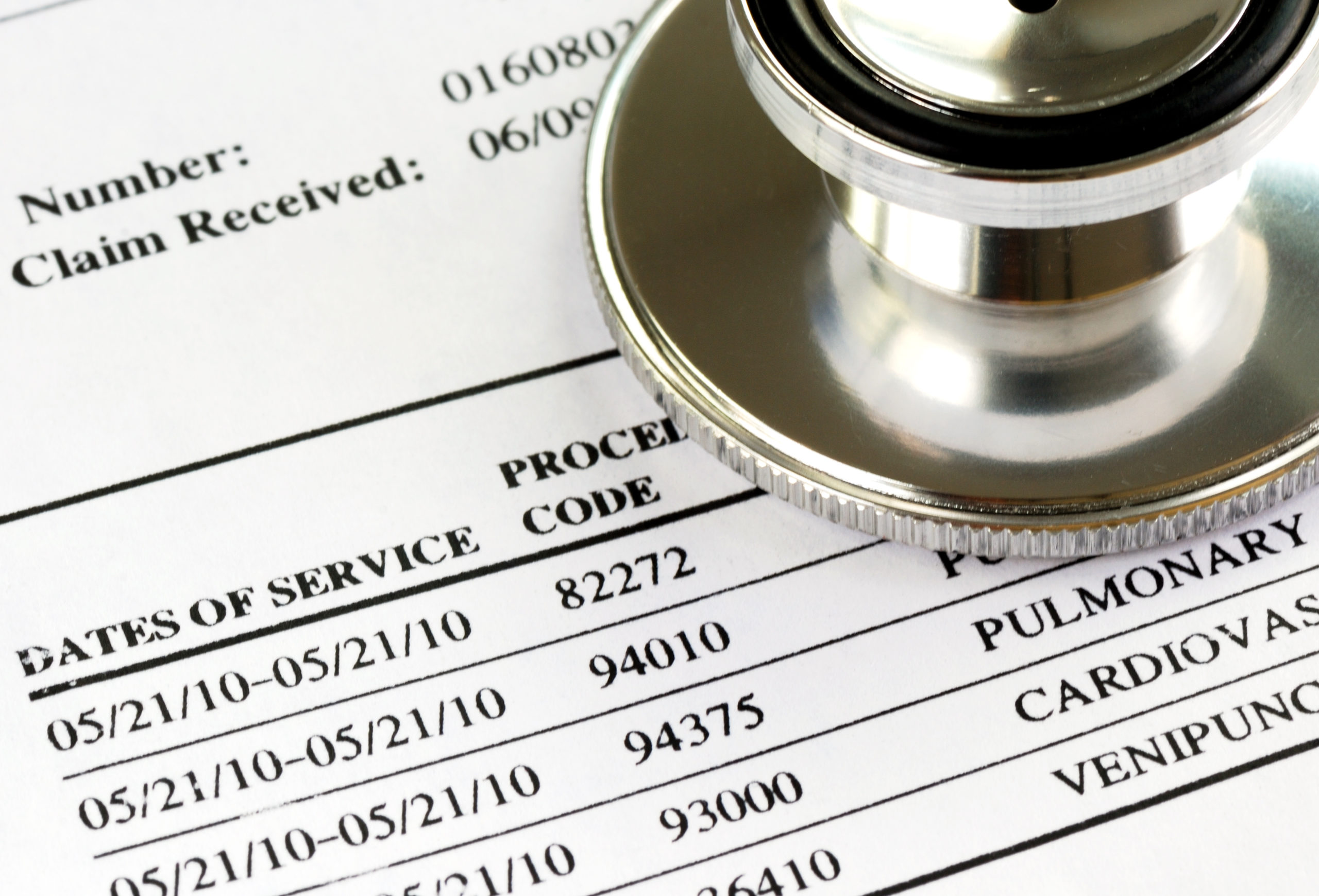“Should I become a medical records coder? I hear it is a very lucrative field and I can work from home!” Have you had this thought? If so, read on to find information to ponder before deciding!
One should take an in depth look into the industry before jumping in! Let’s start from the beginning! You will need to obtain a coding credential. Deciding what credential you need will depend on the type of coding you would like to do. The most popular and recognizable credentials are Certified Professional Coder (CPC) and Certified Coding Specialist (CCS). The CPC is offered by the American Academy of Professional Coders and the CCS is offered by American Health Information Management Association. A CPC mainly codes in an outpatient setting (physician offices, emergency departments, labs, etc.). A CCS mainly codes in the inpatient setting (hospitals).
Once you decide what credential you want, you will need to take a course to prepare you to take the exam to earn the credential. Any course to prepare you for either credential will take a minimum of 6-12 months. This depends on if you are new to healthcare or not. If you are new to healthcare, you will need to take a medical terminology and physiology course in addition to the coding course.
After earning your credential, to obtain a coding position, most companies require you to take a coding test. These coding tests may consist of 25-50 questions and take 1-4 hours or longer to complete. You do not receive payment for taking coding tests. After passing the test and having a successful interview, you will become a coder for the organization. The biggest expectations of a coder are quality and productivity. Most organizations expect their coders to maintain, at minimum, a 95% coding accuracy rate. Productivity differs by the patient type (emergency room, clinic, hospital stay, etc.) you are coding. For example, if you are coding outpatient emergency room medical records, the standard productivity is 15-20 charts per hour and for hospital inpatient medical records 3-4 per hour.
The key to meeting these expectations is to constantly invest in yourself. Do not depend on your employer to do this for you. It is your responsibility to constantly sharpen your coding skills! Constantly sharpening those skills will make you a great coder. Coding is ever changing and it is impossible to know everything about the profession. What you should do is be resourceful. Know where to go to find the answers you need. Read, research, and review coding information regularly. To maintain your coding credentials, you are required to earn a certain number of continuing education units each year. However, this is not enough. You will need more coding education to perform at the level needed to be and remain a valuable coder.
So, back to the question of should you become a medical records coder! Perhaps reading the pros and cons below will bring you one step closer to your answer:
| PROs | CONs |
| Starting pay $17.00 per hour | Small margin of error |
| No college degree needed | Productivity standards |
| Work from home option | Pre-employment coding test |
| Flexible hours | Volatile industry guidelines |
| Can work for multiple organizations at the same time | Must have resources are expensive |
| Lifelong profession |
While medical records coding is not a get rich quick profession, it can be very lucrative if you put in the time and effort.
Medical Coding That Makes A Difference
These days, effective healthcare requires a team effort. The doctors and nurses are the front line performing the tasks necessary to improve and save lives, but the HIMS department works behind the scenes to ensure the health of the facility or the practice. Medical billing and coding is the life blood of the entire medical organization. The staff must be precise, dedicated and highly skilled. At Optimum Healthcare Consulting, we’ll train you to be an effective member of the medical team.
Inpatient Coding
Being a medical coder in an inpatient setting requires a different set of skills than other healthcare organizations. It's essential to be up to date on all the new regulations and procedures. Plus, inpatient coding is subject to a higher level of scrutiny. Proper inpatient coding has a direct affect on the reimbursement rates that the facility receives which are typically higher for inpatient procedures. Third party payer audits are more frequent due to the higher reimbursement rates. This is why your HIMS department is an essential part of the entire medical team. There has to be effective communication within all departments.


Outpatient Coding
Clearly, with outpatient settings, the length of stay is usually no more than a few hours but the coding procedures are very similar to inpatient coding in that the HIMS department still works to assign medical codes to all the medical procedures performed in that program. Common outpatient settings include physician practices, clinics and some outpatient programs affiliated with hospitals.
With the advancing age of the Baby Boomers, more people are in need of medical care. This means there are more outpatient programs in need of highly trained medical billing and coding staff. It's a growing and stable career choice that will continue to provide rewarding salaries and benefits.
If you're interested in getting into the HIMS field or simply need to update your skills, call Optimum Healthcare Consulting for training today. We'll help you get your career on the right path.
Learn from the very best
Take our courses and start building your career in the HIM industry. We make sure every class is easily understood, and that all students reach the same level of expertise needed for today’s medical billing.
Contact Us
1-800-670-0516
[email protected]
We are here
4002 Highway 78
Ste. 530-122
Snellville, GA 30039
